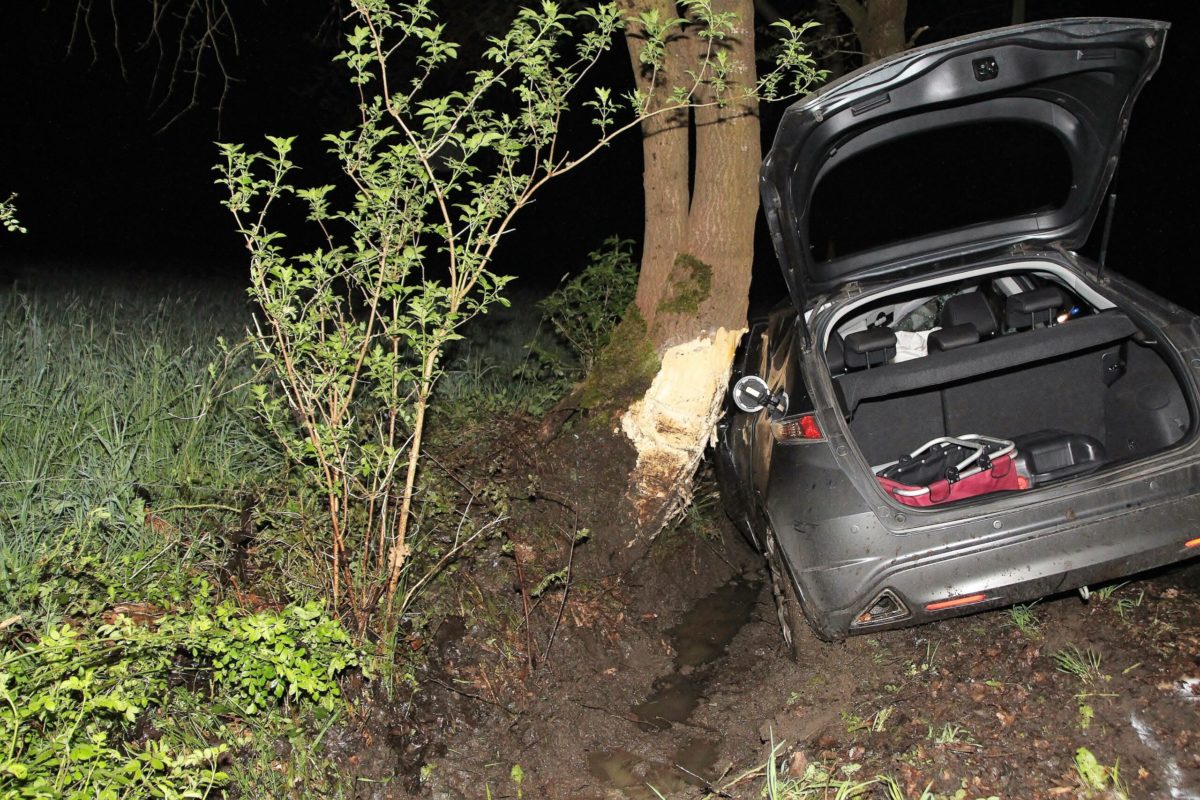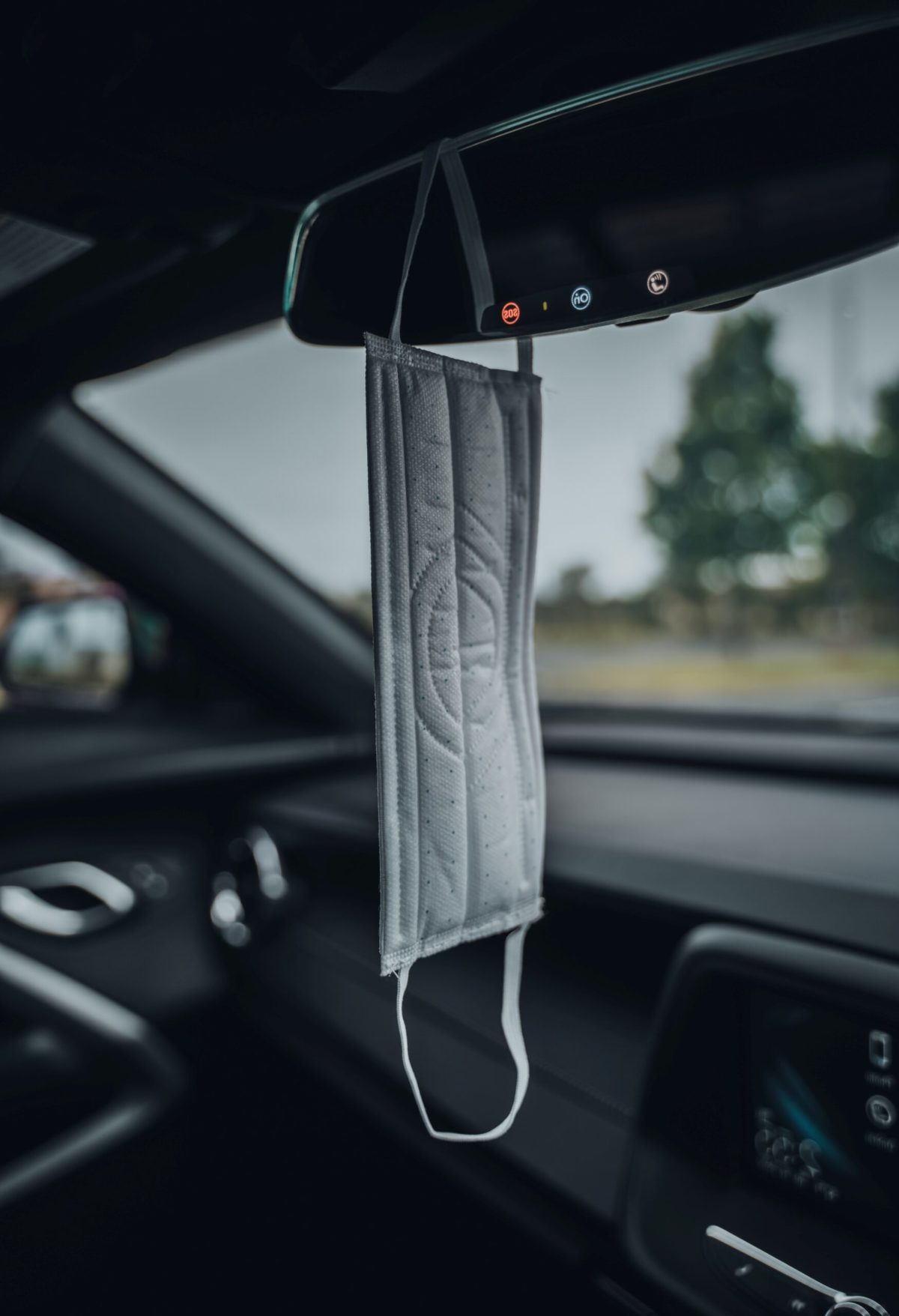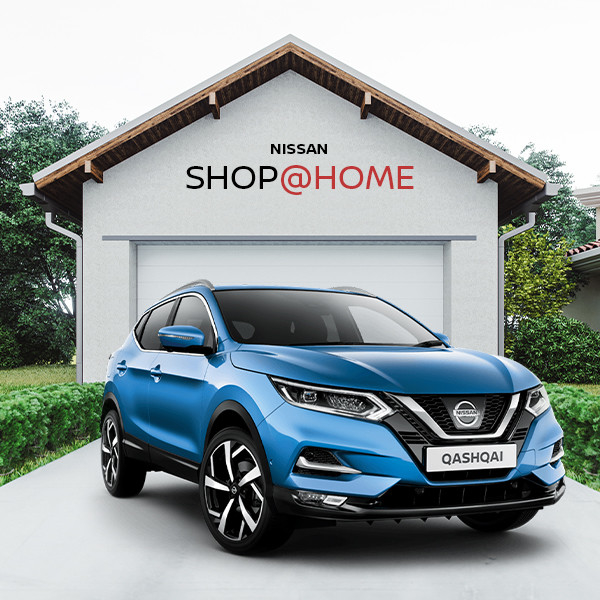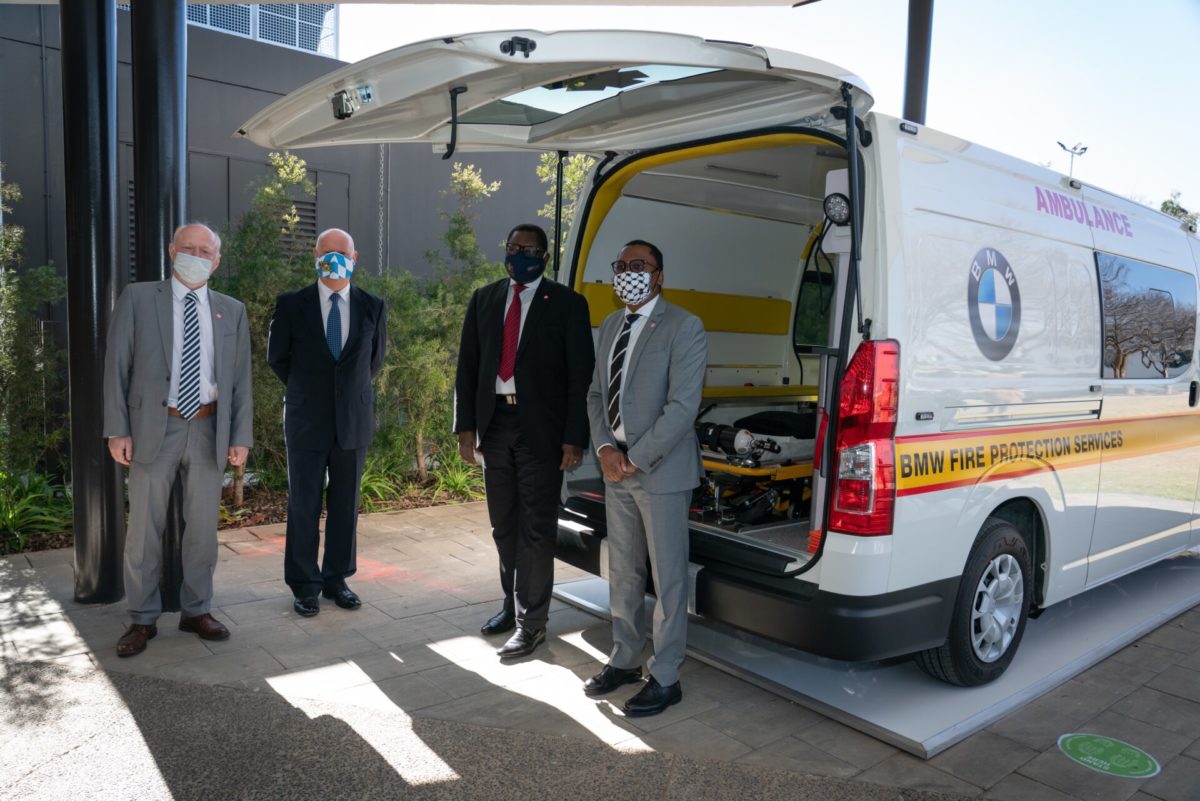In a global crisis like the Corona pandemic, solidarity matters more than anything else
– Oliver Zipse, Chairman of the Board of management of BMW Group
Midrand, South Africa – BMW’s contribution to the fight against the spread of Covid-19 stepped up a gear today. In a virtual signing ceremony, CEO BMW AG Mr Oliver Zipse, Federal Minister Economic Cooperation and Development in Germany, Mr Gerd Müller together with Professor Mkhululi Lukhele: Head of Department Gauteng Department of Health, and Tim Abbott, CEO BMW South Africa, announced upgrades to eight hospitals and four clinics, in three provinces – Gauteng, North West and Limpopo.
Improvements will include the upgrade for the Soshanguve Combined Clinic, near the company’s Rosslyn manufacturing plant, to a testing and screening centre. The company has provided a fully equipped ambulance and cars for transporting patients to the various hospitals in the region.
At Dr George Mukhari Hospital in Soshanguve, the Accident and Emergency facilities will be significantly upgraded and 300 beds added.
An additional 300 beds will be added across the region, with a further 150-bed overflow facility to be provided in Bronkhorstspruit. Supplementary to this, four community clinics in Soshanguve will be provided with a supply of face masks, disinfectant and PPE.
The project in Gauteng is part of our Corona response program
-GERD MÜLLER, Federal Minister Economic Development
Speaking at the signing of a memorandum of understanding, Oliver Zipse, Chairman of the Board of management of BMW Group said “In a global crisis like the Corona pandemic, solidarity matters more than anything else. We help where help is particularly needed. That is why, in cooperation with the Federal Ministry of Development and the South African Government, we support the development of the health infrastructure at our site in Gauteng.”
Effective assistance at the right time.
Federal Minister Economic Development, Gerd Müller, said “The project in Gauteng is part of our Corona response program, which we use to combat not only the health crisis, but also the severe economic crisis in South Africa. Here companies that are represented locally like the BMW Group are important partners in German development policy.”
We’re providing BMW X3s built here in Rosslyn to help transport patients as well
– Tim Abbott, CEO: BMW Group South Africa and Sub-Saharan Africa
Local partners make it all possible.
Tim Abbott, CEO: BMW Group South Africa and Sub-Saharan Africa, said the plan was to intervene in an area of need at the most critical time.
“I’m pleased we are able to co-operate with the German government in a R76m investment into eight hospitals and four community clinics across three provinces. We will provide 750 beds, an ambulance, an upgrade to Accident and Emergency facilities, additional testing and screening facilities to support our communities when they need it the most. We’re providing BMW X3s built here in Rosslyn to help transport patients as well. We build more than just cars and we need international solidarity and governments working together with the private sector during a global crisis. Together we can fight this crisis.”
“We’ve been building cars in Rosslyn for almost five decades. We’re part of this country and we’re committed to its future. More than at any time I can remember, now is the time society needs pool its resources.”
Ongoing targeted assistance.
In April, BMW South Africa responded the call for help from the Gauteng Department of Health for donations of face masks and other protective gear for emergency services personnel.
In response, the company handed over 40 000 high-quality protective respiratory (FFP2) face masks to the department in order to help protect health services workers.
In May, BMW South Africa loaned 17 cars – mainly BMW X3s built at Rosslyn – to the Red Cross, to assist them with contact tracing and the delivery of hot meals, food parcels and the dissemination of information in rural and marginalised communities.
Seamless servicing of essential services vehicles.
Many essential services use BMW Group vehicles and it has been important to the success of the national lockdown that these people have remained mobile. Specified BMW retail partners have stayed open across the country throughout the lockdown to ensure the quick and effective servicing of these vehicles. Now, under Level Four lockdown, all BMW service centres are open for business.
This has meant that vehicles driven by the South African Police Services, Metro Police departments, medical personnel and the private vehicles of essential services workers have had the servicing and roadside assistance support they have required from the outset of the lockdown.

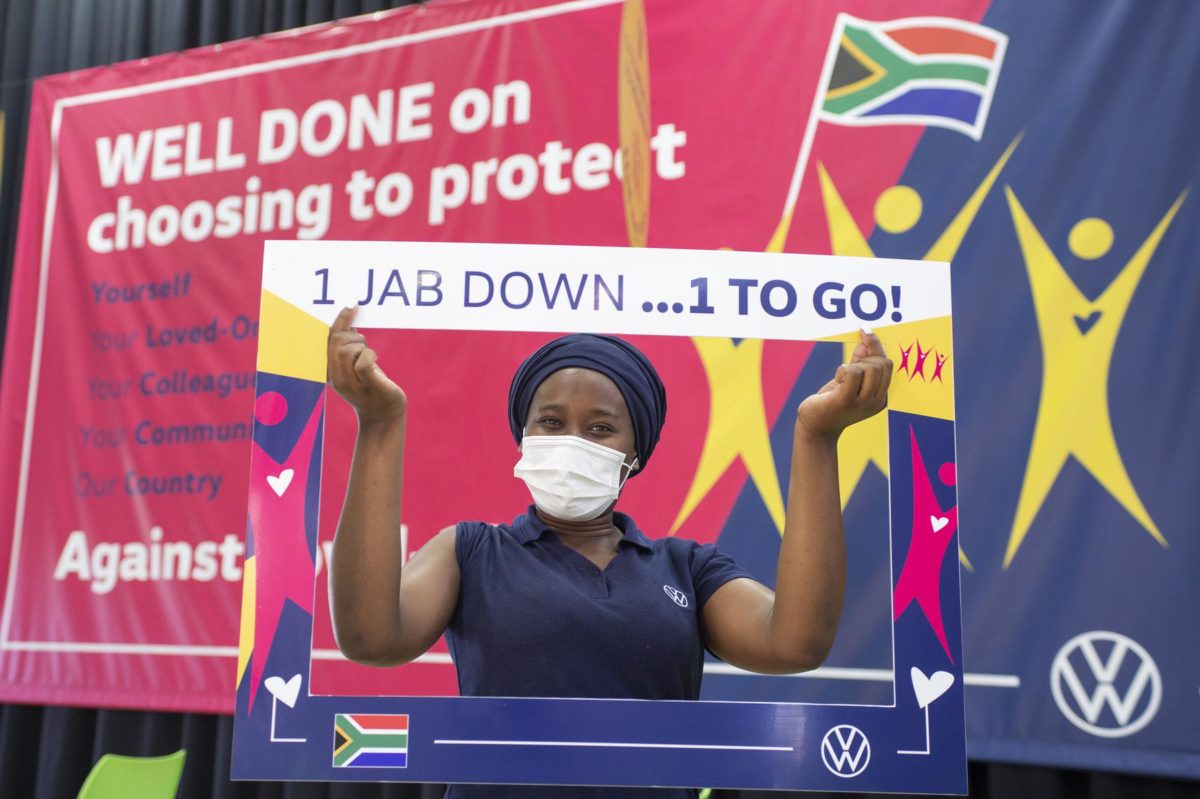
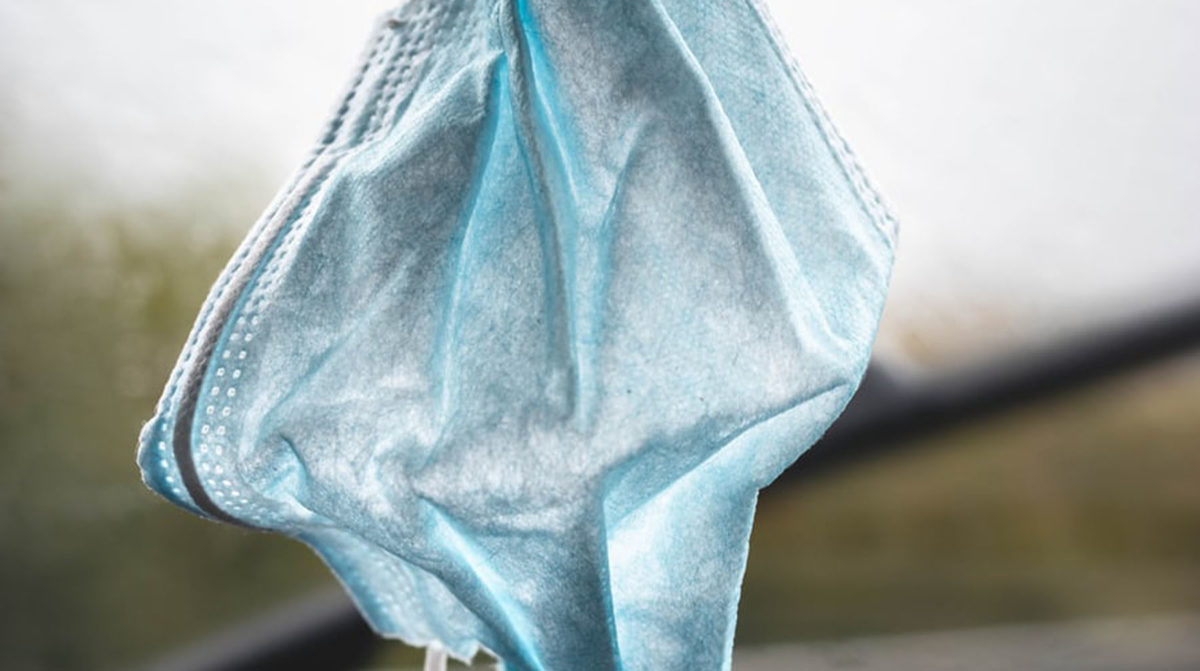

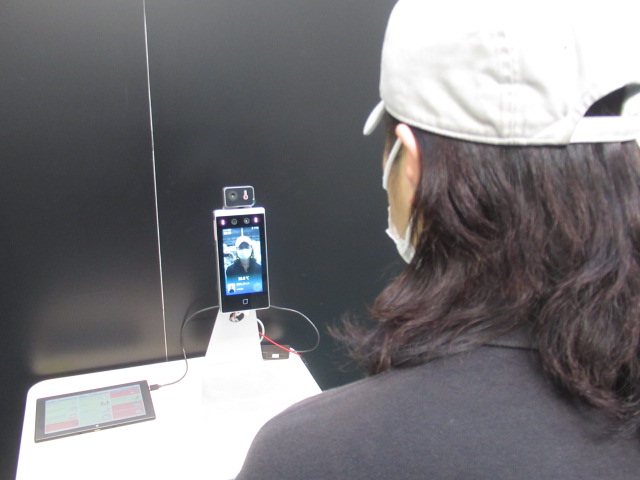
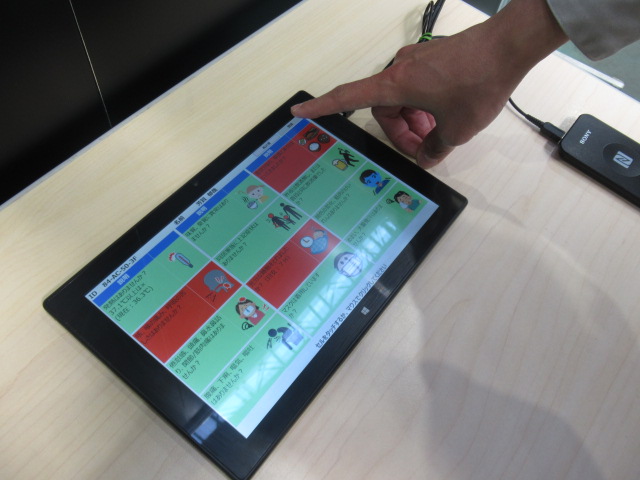
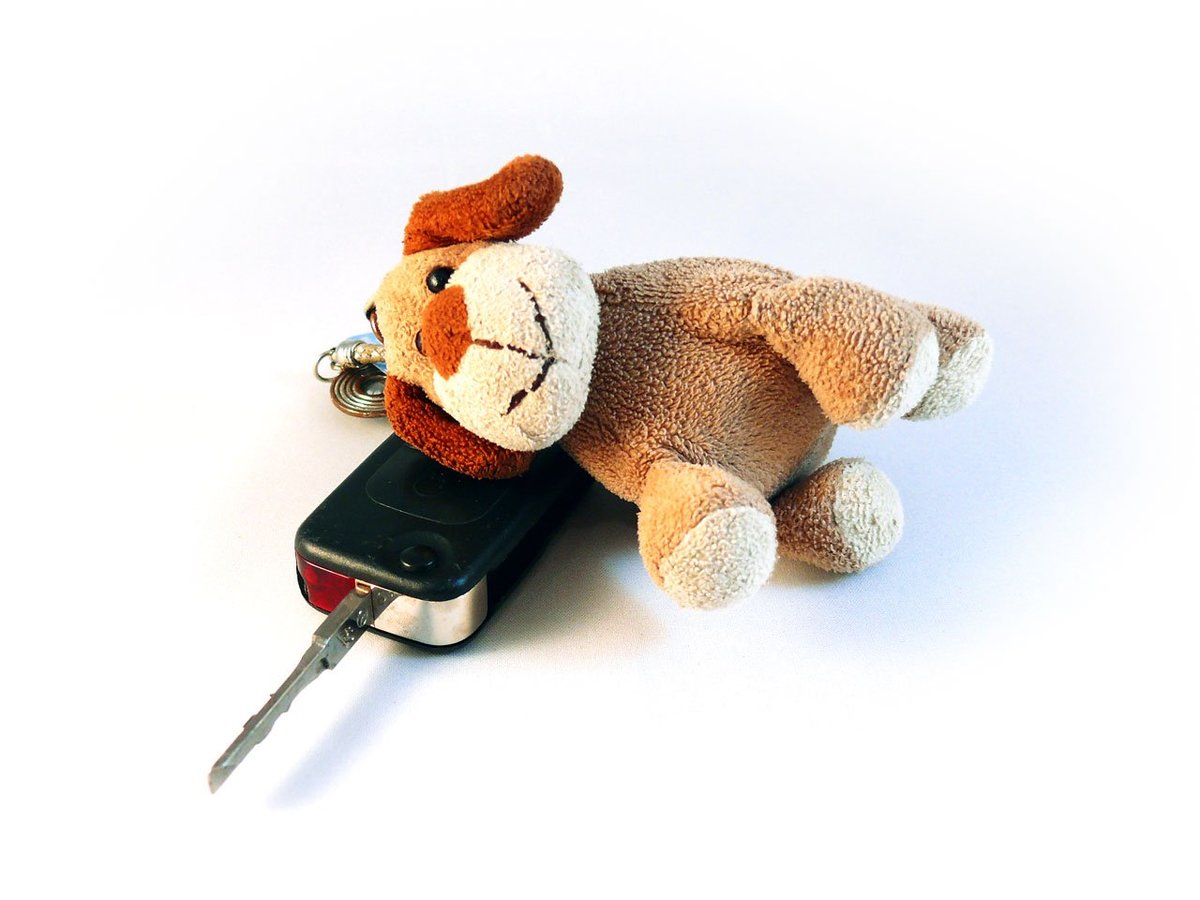
 According to naamsa, the Automotive Business Council, March sales recorded 44,217 new vehicle sales. Compared to March last year, this represents a 31.8% increase in sales year-on-year, although the downtrodden March 2020 performance should be critically considered.
According to naamsa, the Automotive Business Council, March sales recorded 44,217 new vehicle sales. Compared to March last year, this represents a 31.8% increase in sales year-on-year, although the downtrodden March 2020 performance should be critically considered.